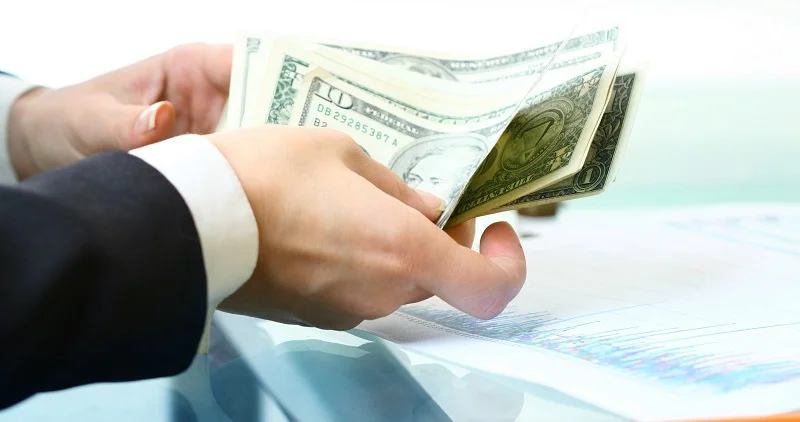Many taxpayers who are engaging in a like-kind exchange have questions about how certain items on the closing statement should be handled. In this article, we’re going to take a look at some of those common closing items and how they should be addressed from a 1031 exchange point of view.
Items on the HUD Statement
Here are a few items that generally appear on the HUD statement and how they should be handled in a 1031 exchange transaction:
Earnest Money– The original earnest money funds should come from the exchange as part of the purchase price and be paid back.
Broker’s Creditshould be returned at closing.
Accrued Rental Incomeshould be returned at closing.
Property Tax Credit should be paid back for a property tax escrow account or prepaid to the County.
A Note on Earnest Money
It is OK to return the earnest money, but it is important to take steps to make sure it can’t be misunderstood as exchange funds coming into the taxpayer’s hands (boot). The best way to do this is to show a debit line item on the settlement statement as “Return of Earnest Money Deposit.”
Start Your 1031 Exchange: If you have questions about 1031 exchanges, feel free to call me at 612-643-1031.
Defer the tax. Maximize your gain.
© 2022 Copyright Jeffrey R. Peterson All Rights Reserved






